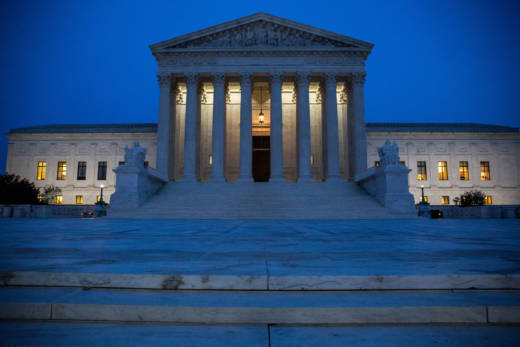For the fifth time, the U.S. Supreme Court has sided with religious adherents and against California’s COVID-19 restrictions.
In a ruling released last Friday night, the court barred the state from enforcing a rule that for now limits both religious and non-religious gatherings in homes to no more than three households.
While this regulation restricted both secular and non-secular activities, faith leaders worried that it would unfairly target small-scale religious gatherings, like Bible study groups.
“Meeting together at home is more than studying the Bible, it’s more like a therapeutic healing process,” said Jp Samuel, pastor at The Spectrum Church in San Jose.
Spectrum was one of the churches that sued state and local authorities last November in a separate case to bring down Santa Clara County’s ban on indoor worship services. The Supreme Court ended up siding with the churches in that lawsuit as well.

